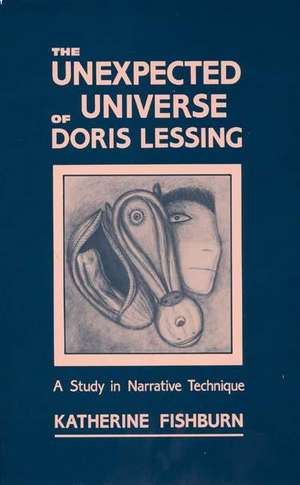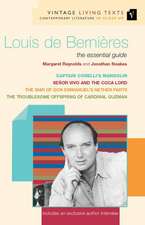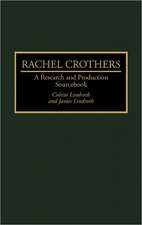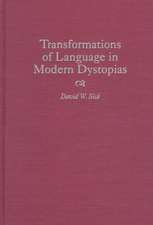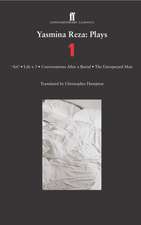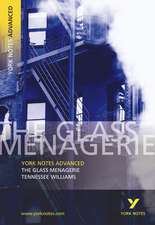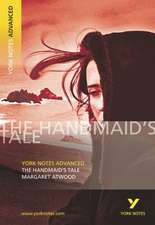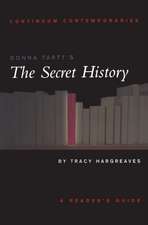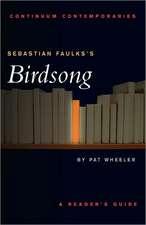The Unexpected Universe of Doris Lessing: A Study in Narrative Technique: Historical Guides to the World's Periodicals and Newspapers,, cartea 17
Autor Katherine Fishburnen Limba Engleză Hardback – 5 dec 1985
In this first study of Doris Lessing's science fiction, Fishburn devotes a chapter to each of Lessing's seven novels. Her major argument is that Lessing uses these novels to change our perception of reality by describing worlds that are simultaneously similar to and different from our own. Of particular importance is the fact that each narrator, by functioning as an intermediary or guide-leader, helps skeptical readers to experience the alien worlds of Lessing's imagination. As she traces the development of these seven narrators, Fishburn shows how they eventually fulfill the role of the idealized author Lessing described in "The Small Personal Voice." In examining how these texts challenge us to change, Fishburn discusses the influence of Marxist and Sufi thought on Lessing and also points out the striking similarity betwen Lessing's philosophy of wholeness and the discoveries of modern physics.
Preț: 435.55 lei
Preț vechi: 602.94 lei
-28% Nou
83.35€ • 89.12$ • 69.49£
Carte tipărită la comandă
Livrare economică 18 aprilie-02 mai
Specificații
ISBN-10: 0313234248
Pagini: 184
Dimensiuni: 140 x 216 x 20 mm
Greutate: 0.4 kg
Editura: Greenwood Press
Colecția Praeger
Seria Historical Guides to the World's Periodicals and Newspapers,
